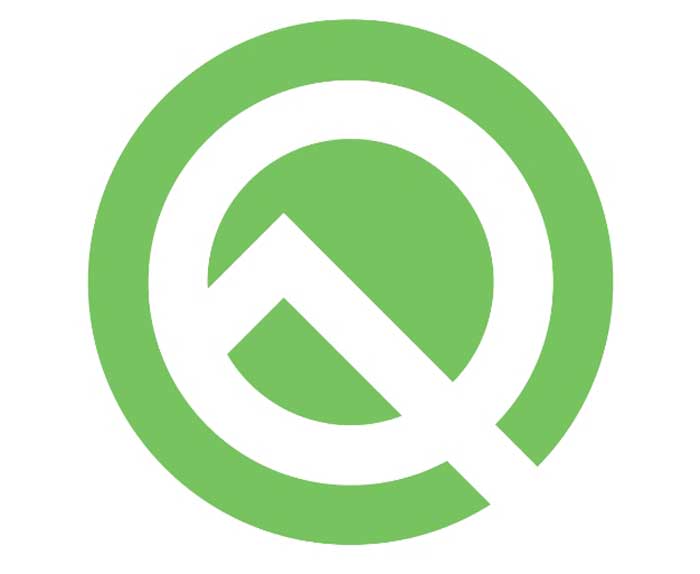Google Gives Devs More Time To Meet Android Q Storage Requirements
We've been hearing about Android Q for a few months now. In February, we learned that Android Q might kill the back button in favor of gesture control. Last month the Android Q developer preview landed with support for folding displays. There is a lot to look forward to with Android Q, but there are a few things that developers aren't happy about. One of those things was a new requirement having to do with scoped storage.

Scoped storage changes how apps can access the external storage of the smartphone. The problem for Android users was that any app could read and write files to external storage. Files in external storage are the sort you can see when you plug your phone into a PC. The problem with this is that not only do those files clutter your device, but they are a security risk as well.
The original plan for Google was to limit all apps that don't abide by Scoped Storage's changes, but it has now backed off that plan. Scoped storage was going to force apps to only have access to their own data in an external data folder. For the ability to access shared files such as music or images the device would have to ask for new permissions. All apps were also going to have to use the Storage Access Framework rather than Java APIs.
Devs complained about the change because they feared that Google wasn't giving enough time to make all the changes necessary to use the Storage Access Framework. Devs have no choice but to update their apps whether or not the app targeted Android Q or the apps would be broken when users tried to use them on Android Q. Under the new plan, Google won't enforce scoped storage for apps that target Android Pie. All apps published to Google Play after August 1, 2020, will have to target Android Q and updates to existing apps published after November 1, 2020, will have to target Android Q. That gives devs from now until mid to late 2020 to get their apps up to snuff.

